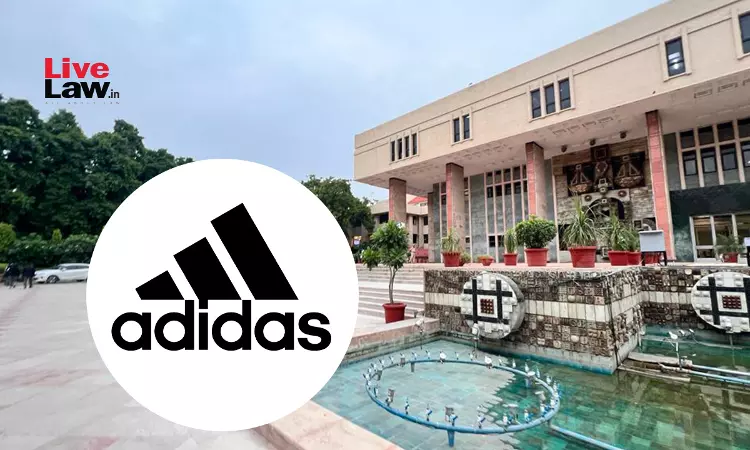The Delhi High Court recently permanently restrained a textile firm and its partners from using the 'Adidas' mark, after the German sports and apparel wear company filed a trademark infringement lawsuit.In doing so, a single judge bench of Justice Sanjeev Narula rejected the defendants' contention that the name of the firm stems from one of the partners' “deep admiration for his elder...

